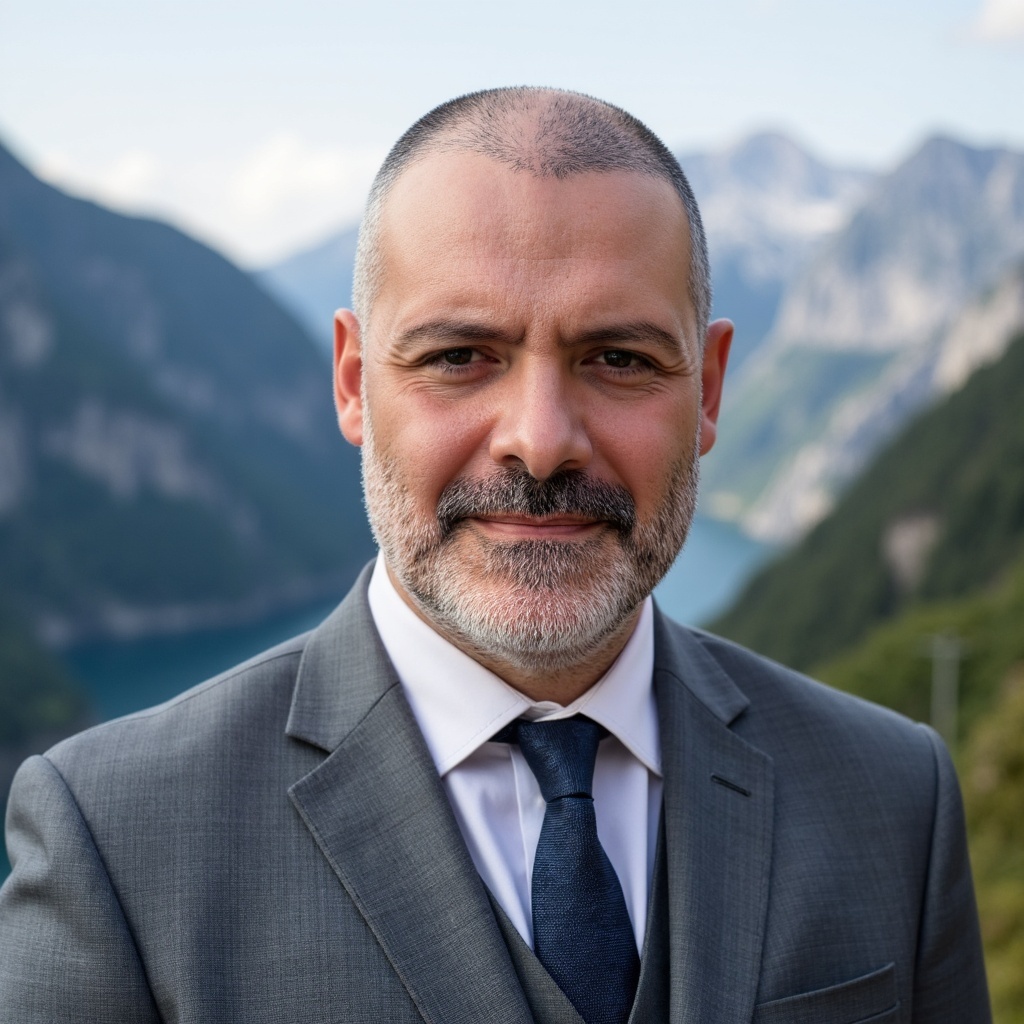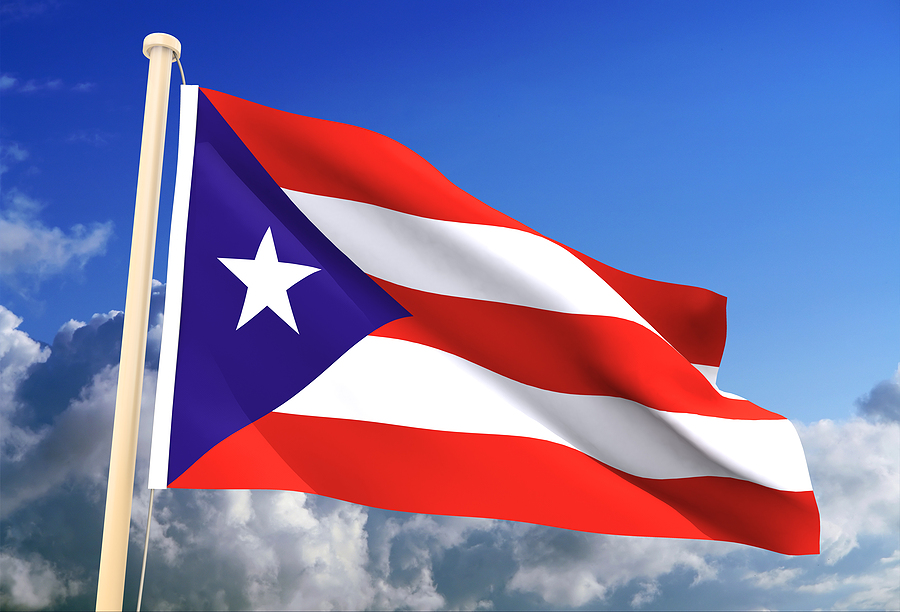Recently, the Puerto Rican government has been promoting Puerto Rico as a prime location for reshoring America’s pharmaceutical industry. The argument is familiar: lower costs, a skilled workforce, and the reassurance of U.S. jurisdiction make the island an ideal “medicine cabinet” for America.
However, that framing is precisely the problem. It reduces Puerto Rico (a nation with its own people, culture and potential) to a storage shelf and medicine cabinet serving the needs of another country. For decades, Puerto Rico has been viewed as a cost-saving extension and appendage for U.S. industries, rather than as a nation capable of shaping its own economic future.
If America’s only vision for Puerto Rico is to use it as a cheap backup supply chain, we will repeat the same cycle of dependency, disinvestment and economic collapse that has defined the colonial relationship for generations.
Yes, Puerto Rico once attracted dozens of pharmaceutical giants under Section 936 of the U.S. tax code. Those tax exemptions lured companies to manufacture drugs on the island, but they created little permanent infrastructure or local reinvestment. When Congress unilaterally repealed the incentive in 1996, the corporations left almost overnight. Thousands of Puerto Ricans lost their jobs.
Communities hollowed out, and Puerto Rico’s public debt soared to unsustainable levels that eventually led to bankruptcy in 2016 and the subsequent establishment of the anti-democratic Fiscal Control Board, called “la junta” by Puerto Ricans.
Today, the territory continues to struggle with limited control over trade, tariffs and industrial policy. Its energy grid, forcibly privatized under LUMA Energy and Genera PR, remains unreliable and is among the most expensive in the United States, with blackouts occurring regularly. Infrastructure, such as roads, ports and digital systems, lags behind international standards. Nearly half of the population lives in poverty, and as many as 80 percent face various forms of social vulnerability. These disastrous political and socioeconomic indicators are a result of 127 years of U.S. colonial rule.
These realities make Puerto Rico a precarious and volatile location for long-term, high-value pharmaceutical manufacturing. Multinationals might accept temporary tax breaks and credits. Still, few will invest in technologically advanced research centers or lasting partnerships in a colony plagued by corruption, political instability, high energy costs and deteriorating infrastructure.
The effort to rebrand Puerto Rico as an “America First” pharmaceutical hub is more about political survival and pandering than real growth or long-term vision. With federal funding shrinking and debts rising, local political leaders from both the pro-statehood PNP and the pro-colonial PPD are instead sticking to a flawed colonial pro-poverty dependency model and calling it an economic strategy.
Let’s be honest: No serious pharmaceutical executive wants to invest in temperature-sensitive production in an area that suffers daily blackouts, has the highest energy costs, cannot ensure stable electricity, or transparent governance. This isn’t a national development plan; it’s a temporary fix that helps corrupt politicians today placate certain lobbying groups, but leaves Puerto Rico — again — vulnerable in the long run and in the crosshairs of more instability, corruption and poverty.
Will we experience yet another economic collapse in the future, similar to the one in 1996, when companies again leave Puerto Rico due to another unilateral congressional action over which we had no say?
There is a better path forward, and it starts with sovereignty. A sovereign Puerto Rico would not be a fragile tax haven begging for scraps in Congress. It would be a regional partner capable of creating policies to attract and keep lasting investment.
The National Economic Development Plan for a Sovereign Puerto Rico, developed by economists and experts with Plan B: Independencia (a pro-independence think tank), outlines a strategic and viable path to modernize the island’s infrastructure, economy, fiscal system and establish it as a global hub for innovation, not just assembly lines.
Here’s what that future looks like:
—Rebuilt infrastructure: $9 billion annually invested in modernizing the electric grid, ports, transportation and digital networks.
—Energy sovereignty: A National Energy Authority prioritizing renewable and resilient systems, ensuring 24/7 industrial reliability.
—Industrial strategy: Pharmaceuticals integrated into a diversified national industrial policy focused on biotechnology, advanced manufacturing, domestic and export markets, and research partnerships with the University of Puerto Rico.
—Global integration: A Puerto Rico–U.S. Free Trade Agreement ensuring continued market access after independence, similar to the successful models of Singapore and Panama.
—Economic sovereignty: Full control over customs, tariffs and incentives, allowing Puerto Rico to craft tailored economic policies that serve its long-term interests and access global markets, rather than temporary supply chain needs.
This framework doesn’t just serve Puerto Ricans; it creates a stable, modern business environment that serious pharmaceutical investors actually want, need, and look for.
To America’s business and political leaders, I say this: Puerto Rico does not want to be your tax shelter, medicine cabinet or backup warehouse. We want to be your strategic trading partner.
Reshoring to Puerto Rico in its current colonial state will merely replicate the instability of the past and eventually cost you millions due to corruption, blackouts, high energy costs and crumbling infrastructure. Sovereignty is the only way to create lasting prosperity for our people and for the companies that invest here.
The United States should support Puerto Rico’s move toward sovereignty, not as an act of charity, but as a pragmatic recognition that a stable, self-governing and democratic Puerto Rico would make a better partner than a fragile, impoverished, bankrupt and dependent colony being mismanaged by corrupt politicians.
In a multipolar world, stability, economic development, business leadership and mutual benefit matter much more than short-term tax tricks and gimmicks by colonial-affiliated Puerto Rican public relations professionals with shiny brochures about “America’s Medicine Cabinet.” We can do better.
Pharmaceutical companies are justified in diversifying their supply chains. However, undertaking such a move in an underdeveloped colony lacking energy reliability, infrastructure investment or political stability is a short-sighted risk.
In contrast, a sovereign Puerto Rico offers the opportunity to create something lasting: a nation and partner with modern systems, international credibility, and the ability to establish long-term partnerships that benefit both parties and increase revenues through trade.
For Puerto Ricans, it means moving beyond colonial dependence and finally gaining the dignity of self-determination. For American companies, it means a dependable, globally connected partner in the Caribbean.
Puerto Rico is more than a “territory” and a medicine cabinet. It is a nation ready to rise and prosper. The sooner America and the pharmaceutical industry recognize that, the better for all of us.


